Amongst the most controversial issues in British educational system today are the changes to the teaching curriculum to include the sexual education and awareness of LGBT+ lifestyles, to children at primary schools.
In recent months, this led to protests by a number of communities who expressed a different opinion, wanting to, in their eyes, protect their children from certain messages.
The Association of Muslim Lawyers and the Association of Jewish Lawyers and Jurists presented a joint seminar hosted by law firm Bates Well in London on Wednesday, November 20, entitled, ‘Religious education and the attitude of family courts.’
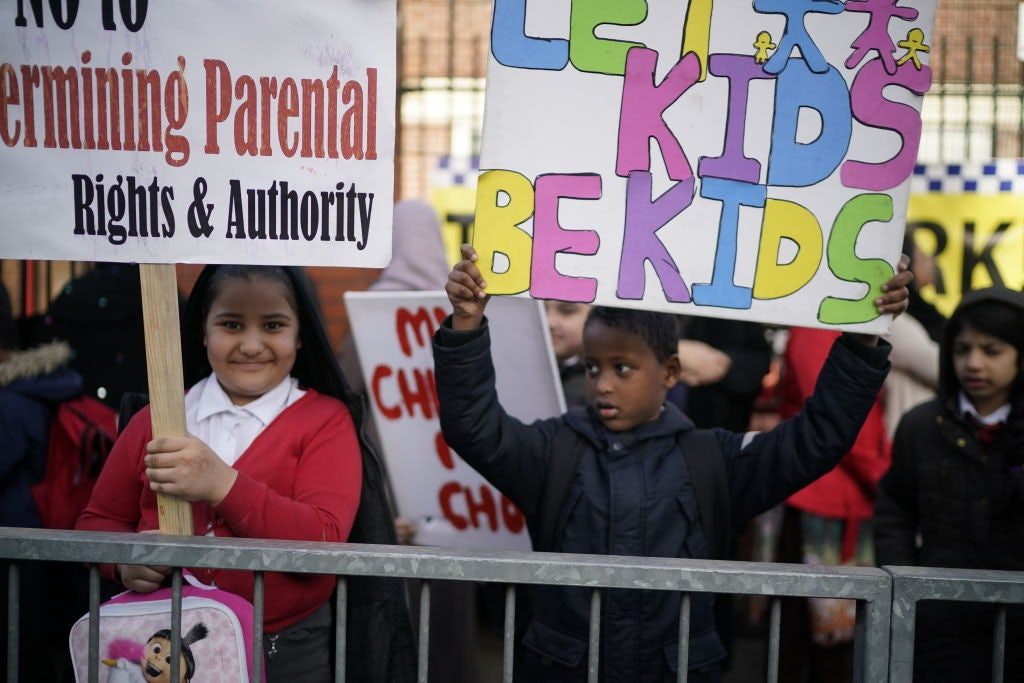
Insight from the speaker
Sarah Anticoni, a partner at Charles Russel Speechlys, was the main speaker for the event.
Along with contemporary case studies, Sarah’s engaging talk included an overview of the Jewish and Muslim cultural foundations which motivate individuals, and parents, to respond to changes of curriculum affecting their children.
As Sarah spoke about the law, she touched on something so many of us live through; the ability to hold a personal view that fits within the framework of secular law but does not exclude other views.
Whilst the idealists amongst us would hope that our religious laws would provide the same freedoms of belief and choice to others, the diversity of religious interpretative laws – something common in all religions – means that while one set of people may hold a particular view, another set of people may hold a different view.
Thus balancing the rights of individuals, families, and communities, giving everyone the freedom to live and practice, building their own relationship with God, is, therefore, the core of the success of the society.
From a Muslim perspective, this falls within the framework of the Constitution of Madinah, a document and set of principles established by Prophet Muhammad (peace be upon him), designed to bring different communities closer together. The focus was not on interpretation within faiths, rather on acknowledging different faith groups and uniting them under one umbrella. This was Prophet Muhammad’s understanding of the concept of Ummah: a community of faith groups, respecting one another, living alongside and with each other, in harmony.
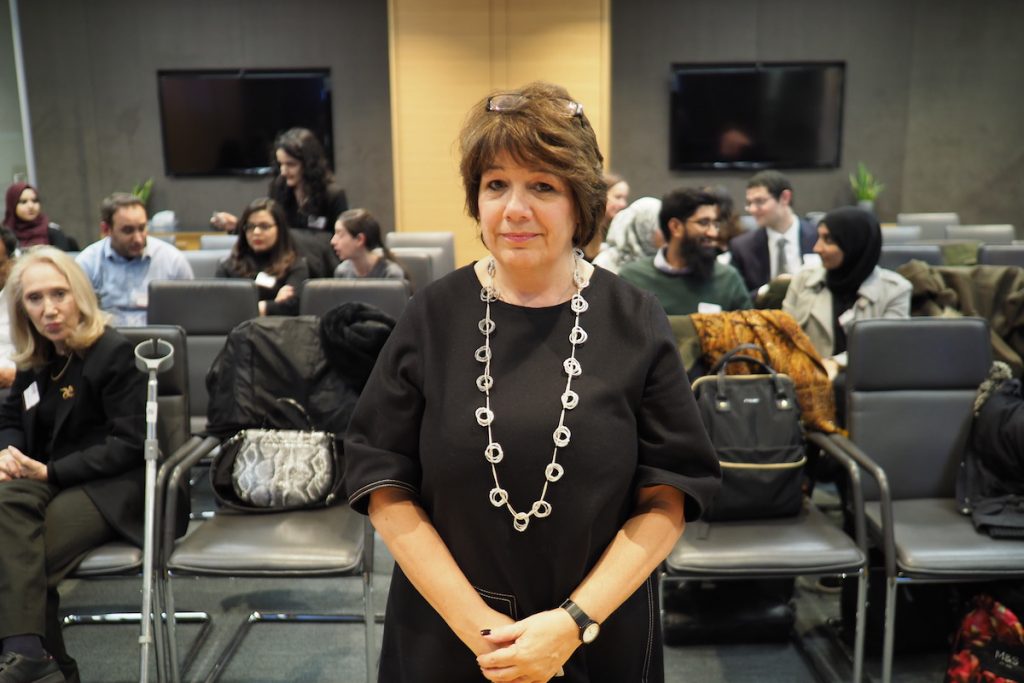
You may also like to check Dr. Yasir Qadhi’s video on Understanding The LGBT Issue From An Islamic Perspective
Between personal faith and the law
Sarah continued to share important insight. “If your religion teaches that something is forbidden, and that is what your scriptures tell you, but you know that it is allowed in the country in which you live, you will at some stage have to explain that to your child.
“I have had to explain (to my children) why, somebody else who is Jewish is eating a ham and cheese sandwich, and that won’t be ok in our house, ever… Other Jews do eat ham and cheese sandwiches, even though in my mind it is a forbidden thing. Teaching different things to children, we have to do that all the time. It’s just teaching the difference.”
The realities of life, the past, and the present is often at odds with the way information is taught.
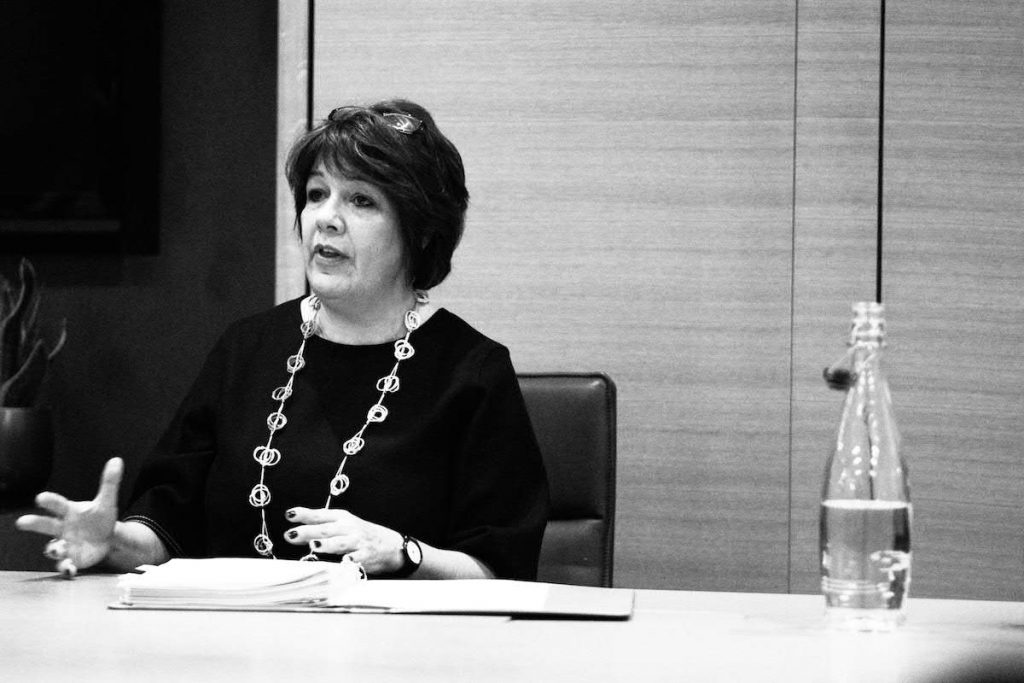
For example, until the early years of Islam, some people continued the ritual circumambulating of the Ka`bah, the house of God in Makkah, naked. While the Muslim dress code was of modesty, for 21 years of Muhammad’s prophethood, up until two years before he died, some non-Muslims fulfilled their religious duties without being properly dressed. So the values of modesty taught by faith may not reflect the realities of life at some points, and This is something to be understood by all faiths across all time.
In responding to a question, Sarah shared some priceless wisdom, “Personally I think we should be creative enough to find a way to say that it is quite clear our (interpretation of our) world religion teaches this, we are teaching this and we are allowed to teach this. But there has to be an acknowledgment, that whether or not and at what age – as lots of different parents have lots of different views on what age – children are taught (certain subjects)” – Finding a balance is therefore key.
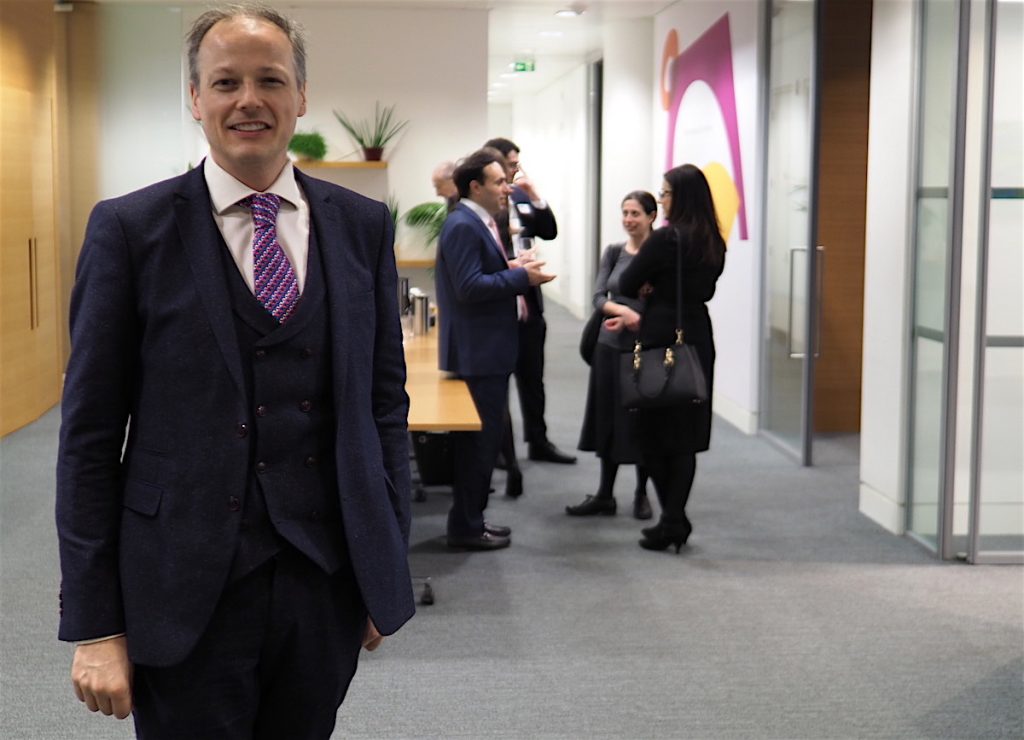
A word from our host
Augustus Della-Porta, a partner at Bates Wells, our host for the evening, shared some insight on why they helped facilitate the evening’s program.
“The seminar is a fantastic opportunity to bring together two esteemed organizations representing the Jewish and Muslims faiths within our country. Two communities share a lot of common issues. Bringing together experts from both communities to talk about topical issues that affect us all.
“I lived in Jerusalem [occupied Al-Quds] for a year where I studied a degree in theology on comparative religion. I was living with a Palestinian family in the West Bank, studying at the Hebrew University in West Jerusalem. I have friends from both faiths, there were lots of parties where we brought people together. Then after university, I wanted to learn Arabic so I moved to Syria where I was studying Arabic and teaching English. This was where I became Muslim when I was living in Damascus.
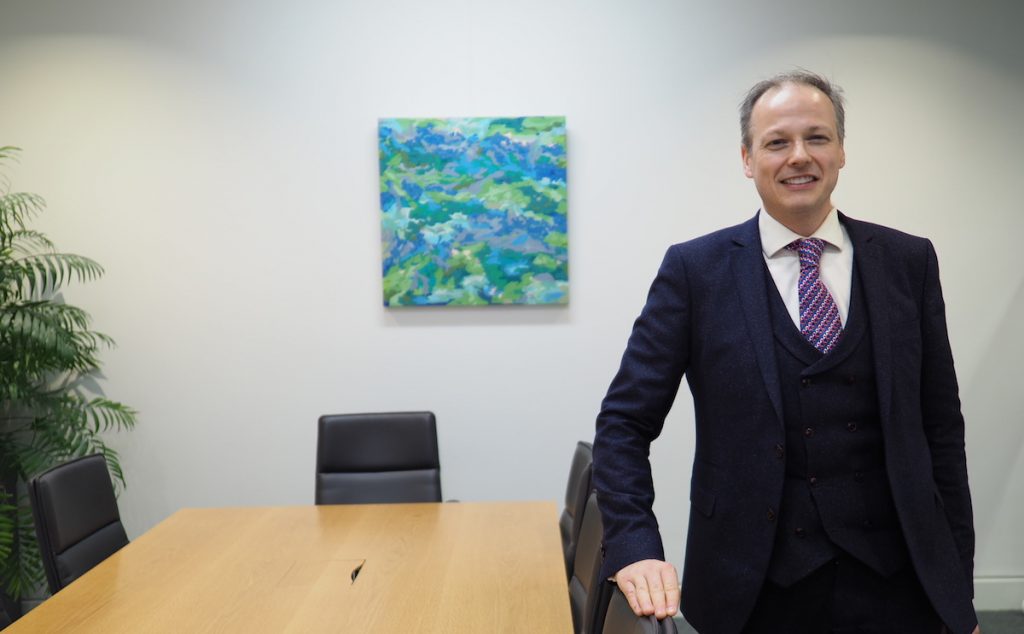
“Then I returned to the UK where I was working with refugees for many years. For me, I love working with people from different backgrounds, different faiths, being able to help them in some way.
“That experience of working with different cultures, it just really opens your eyes, to the fact that in some ways we are all the same as well as being different, in a positive way.”
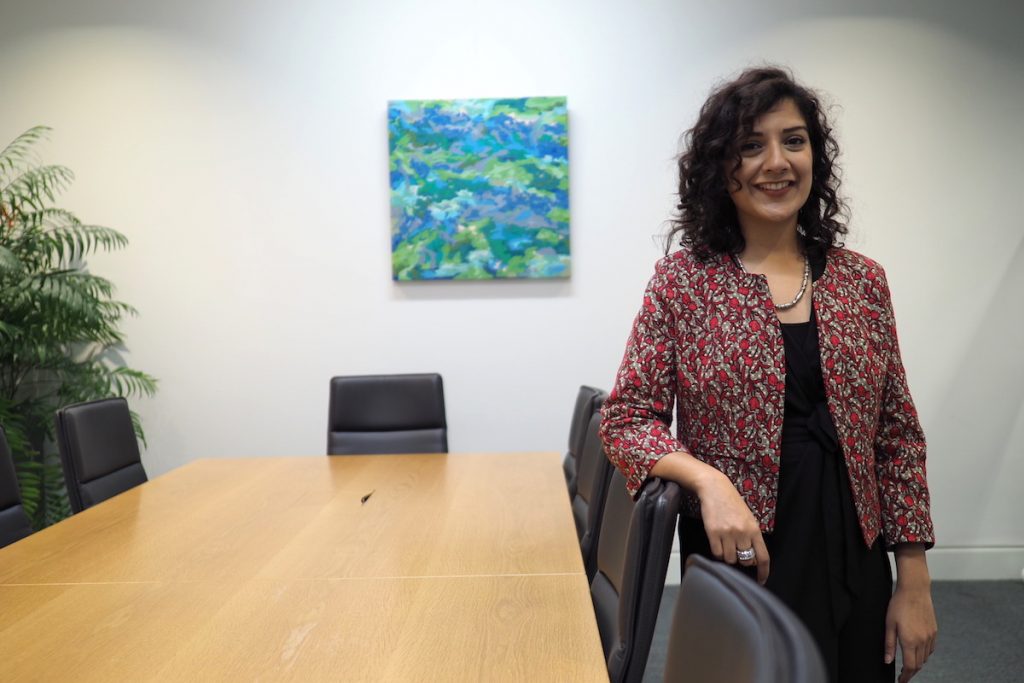
Resolve internally or go to the courts
Outlining the program, General Secretary of the Association of Muslim Lawyers, Saima Zia, spoke of the seminar’s overarching objective, to ask “If there is a couple that is divorced and they cannot agree on how to raise the children, as one parent could be conservative, and the other could be liberal. When this issue of their private life comes up, is the court really suitable for making this decision?
We are lucky to live in a society that allows us all the freedom to interpret and live our faiths, our way. For many, this freedom can also be found in the teachings of faith. For example, Prophet Muhammad (PBUH) once said that a person does not have faith until they want for others what they want for themselves. This means, that if people want the freedom to live and practice their faith their way, they must allow others to have the same freedom to live and practice their faith their ways.
But within this framework is mutual respect, so the question remains, how much can be managed internally between people, the extent to which freedoms are overstepped, and the extent to which law courts are needed to manage the freedoms we all enjoy today.
In this case, how do we define the curriculum, what obligations are required from what schools, to what extent can parents raise an objection, etc. For example, do we stop teaching climate change because a parent does not believe in the science behind climate change? The area of education and curriculum is therefore complex.
The subjects of sexual education and LGBT+ are currently being discussed at the courts with views to be expressed in the new year. Our hope is that courts and people’s views can find a way for the law and religious views to be managed in an acceptable way for all.
Whenever a subject arises which tests our respective interpretative views of life, they should rightly be discussed internally as well as within the framework of our legal system. As the subject continues to be discussed between parents and in the law courts, Sarah concluded that, “Terms and conditions apply to different kinds of education.”
“Curriculum is different for primary and secondary education. There are distinctions between the dos and don’ts, what is allowed and what is not allowed. There will be guidance given, relatively short, in the New Year, so there is clarity. I think schools and parents would welcome that clarity.”